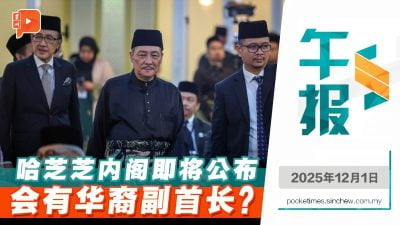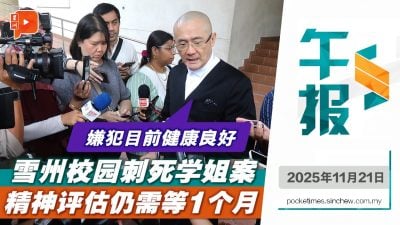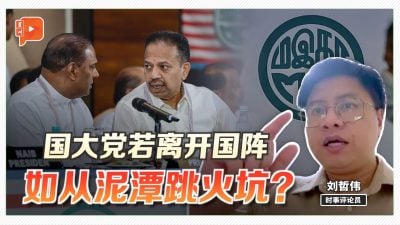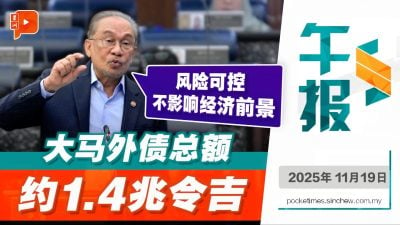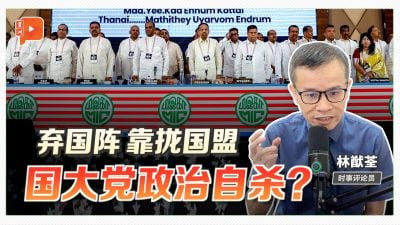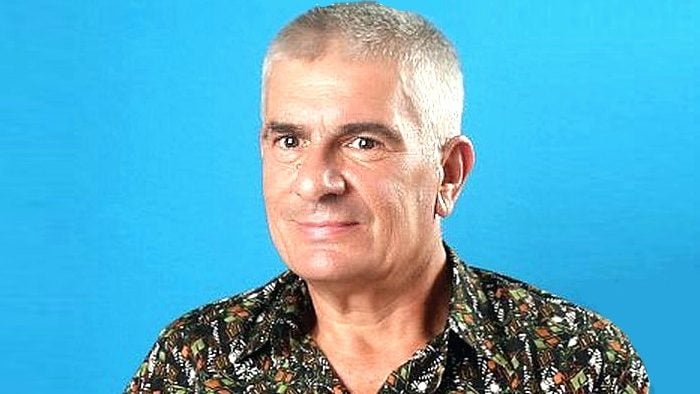
A section of the Indian community is angry over the perceived condescending comments made by Prime Minister Datuk Seri Anwar Ibrahim to the Malaysian Indian Congress (MIC) on August 2.
There is now a greater risk that many Indians may see no useful purpose in voting, as they feel marginalized and discriminated against.
The MIC being allocated no seats in the coming state elections, especially where the community makes up a significant vote in some states, is an indictment against the respect towards Indians in parts of Penang, Selangor, Kedah and Negeri Sembilan.
Many within the community feel that not fielding Indians in the state elections just marginalizes them even further.
A diverse group with different issues
Indian Malaysians make up almost 7.9 percent, or 1.98 million of the nation’s 32.7 million people. However, the Indian population makes up even more in states like Penang (10.4%), Selangor (13.5%), Klang Valley (10.3%), Negeri Sembilan (15.2%) and Perak (12.3%).
The Indian population is far from being a homogeneous group in Malaysia.
Most Tamils are descendants of Indian laborers brought out by the British to work at plantations and railways.
Many Indian Muslims came to the Straits Settlements prior to British times, along with the Punjabis, Malayalees and the Telugu people.
Today, approximately one in four of those in poverty in Malaysia are Indians. They have been discriminated against in terms of opportunities, where Indian schools in estates tend to be run down, short of staff, facilities and supplies.
At the same time, Indians make an over proportionate percentage of Malaysia’s professional class, where 28.4 percent of doctors, 21 percent of dentists and 26.8 percent of lawyers are Indians.
Indian professionals have been shut out of the civil service and public universities.
Part of a long history of being taken for granted
The MIC initially represented Indians in the early Alliance government and later Barisan Nasional.
There was an understanding that Umno would be the main coalition partner, where the MIC would safeguard the interests of the Indian community.
Inside the MIC, an elite and sometimes divided leadership grew up, which became corrupt, developed its own crony hierarchy, and mishandled funds allocated to the Indian community by the Barisan Nasional.
This led to a weakening of the power the MIC held over the Indian community, where a number of Indians made political careers through the DAP and PKR.
Indians have been forced to look after themselves, and how they will vote in the coming state elections is not a given.
In 2007, mass protests in Kuala Lumpur led to the formation and development of Hindu Rights Action Force (Hindraf) which fought against discriminatory policies.
Hindraf leader Waytha Moorthy was appointed a deputy minister by former prime minister Najib Razak in recognition of Indian grievances, but he resigned the following year over what he saw as betrayal by the BN government.
In 2017, Hindraf worked with Dr. Mahathir and Pakatan Harapan, managing to sway Indian votes towards the coalition.
Waytha Moorthy was appointed Minister in the Prime Minister’s Department.
The Registrar of Societies (ROS) deregistered Hindraf in 2019, and Moorthy lost his place in government after the Sheraton Putsch in February 2020.
The great lesson from Hindraf was the inability to assist the marginalized sections of the Indian community from within.
Further marginalization under the Unity Government
The federal member for Klang Charles Santiago lost his endorsement from the DAP election committee just prior to the last general election.
In the coming state elections, the DAP has not endorsed Prof Dr. Ramasamy Palanisamy, former deputy chief minister of Penang.
Both these DAP leaders are icons of sections of the Indian community, and it remains to be seen how Indian voters will react to this at the ballot box.
In addition, Anwar’s statement that once the state elections are over, the government will look into the grievances of MIC, and reward some leaders with appointments to GLCs, could enhance this backlash.
Many within the Indian community through chat groups are seeing this statement as being very condescending towards the community.
Political analyst Bridget Welsh has stated that “despite promises, Anwar’s government has yet to introduce any meaningful programs for the Indian community, as a unique community.”
Indians have been forced to look after themselves, and how they will vote in the coming state elections is not a given.
However, there are alternatives open for the Indian community.
Parti Sosialis Malaysia (PSM) is running a few candidates in the coming elections.
PSM is a political party that has itself been given short shift by Pakatan Harapan over the years. Its democratic socialist values and long history in taking up the causes against communities that no one else would take up, put it in good stead to represent the marginalized.
They have partnered with MUDA for the coming state elections.
The state election results will show us if PSM could represent the most marginalized in the country politically.
(Murray Hunter has been involved in Asia-Pacific business for the last 40 years as an entrepreneur, consultant, academic and researcher. He was an associate professor at Universiti Malaysia Perlis.)
ADVERTISEMENT
ADVERTISEMENT






